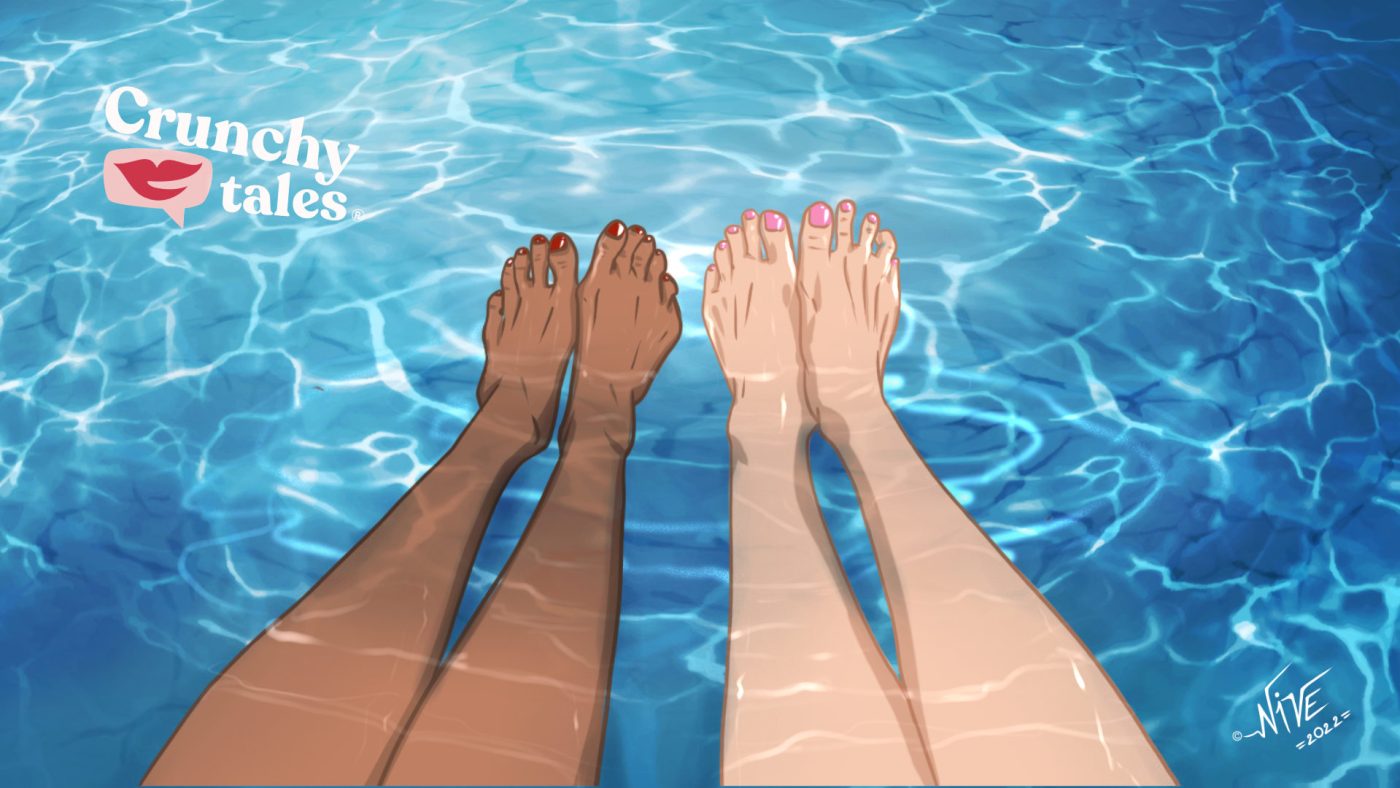How To Prevent Swollen Legs In Summer
For many women, summer days bring memories of barbecues, friends, lazy afternoons and flowing dresses. However, for those over 40 like us, hot weather may also mean dealing with swollen legs.
This normally happens because when the temperature skyrockets, heat causes the blood vessels to expand (dilate), so body fluid moves into the hands or legs by gravity, and as we age this issue tends to become more common.
According to Jennifer Cluett, a doctor of internal medicine at Harvard-affiliated Beth Israel Deaconess Hospital, “you might be more prone to swelling if you are overweight or have venous insufficiency, in which the veins in your leg have difficulty pushing blood against gravity back toward your heart. Certain medications may also cause oedema like antidepressants, steroids, some types of blood pressure medications, and hormones, like those found in postmenopausal hormone therapy“.
If your oedema is not caused by a medical problem, then it will usually reduce when you cool down. Yet, even though temporary, swelling may be very uncomfortable and frustrating (especially when you head to a summer party and you’re wearing that lovely pair of strappy sandals).
To help you fully enjoy the good season, we’ve pulled together a list of natural ways to improve heat oedema and poor circulation, helping return fluid to your blood vessels, and cool down your feet and ankles so that you can dance all night long.
Put your feet up
Make sure you put your feet higher than your heart as often as you can for several minutes, that will help you fight the pressure of gravity. You can also find some benefits by practising yoga inversion. It’s a category of poses (asanas) that place the heart above the head and it is believed to promote better blood circulation, increase strength and flexibility, and provide numerous psychological benefits.
Cut down on your salt intake
Sodium can cause your body to retain water. Add flavour to your food with herbs and spices instead of adding salt. Avoid canned soups, chips and microwave popcorn, processed snack foods (trail mix, crackers, beef sticks) and instead increase the consumption of foods high in potassium like avocados, bananas, peas, spinach, tomatoes, lettuce, green beans, asparagus, pumpkin, onion, pineapple and lemons.
Get moving
Walking or swimming, moving your ankles, and stretching can also reduce swelling by helping to push blood back toward your heart. Try to exercise at cooler times of the day, such as the early evening or morning and avoid prolonged sitting or standing when possible, as staying sedentary can cause swelling in the feet, ankles and legs. Make sure to wiggle your toes, whenever it’s possible.
Drink a lot of water
Drinking lots of fluids is crucial to replace the water lost in hot weather through sweat and to regulate the levels of salt in your bloodstream. You should aim to drink roughly three litres of water throughout a warm day (and limit your alcohol intake).
“Start by drinking a cup of water each morning when you wake up or a glass before bed – recommend experts at Frederick Health Medical Group-. Have another glass with every meal. Drink one or two cups after working out. To ward off dehydration, drink fluids gradually throughout the day“.
Other well-being hacks
Applying ice packs to the swollen areas, wrapping your ankles and feet in damp towels and cooling foot soaks with Epsom salts, massaging your legs with essential oils such as peppermint, and eucalyptus, lavender or chamomile, or having a herbal bath are amongst the most popular natural treatments.
Also, stay in shaded areas or air-conditioned rooms whenever possible and avoid excessively hot showers/baths and saunas as these can only aggravate the swelling, especially in summer.
When to See a Doctor
Being swollen for a short period of time is not likely to be due to any major health implications, but if you experience swelling for a long period of time it could be because of other underlying reasons. In this case, it might be worth contacting your health care professional.
Like this post? Support Us or Sign up to our newsletter to get more articles like this delivered straight to your inbox!





